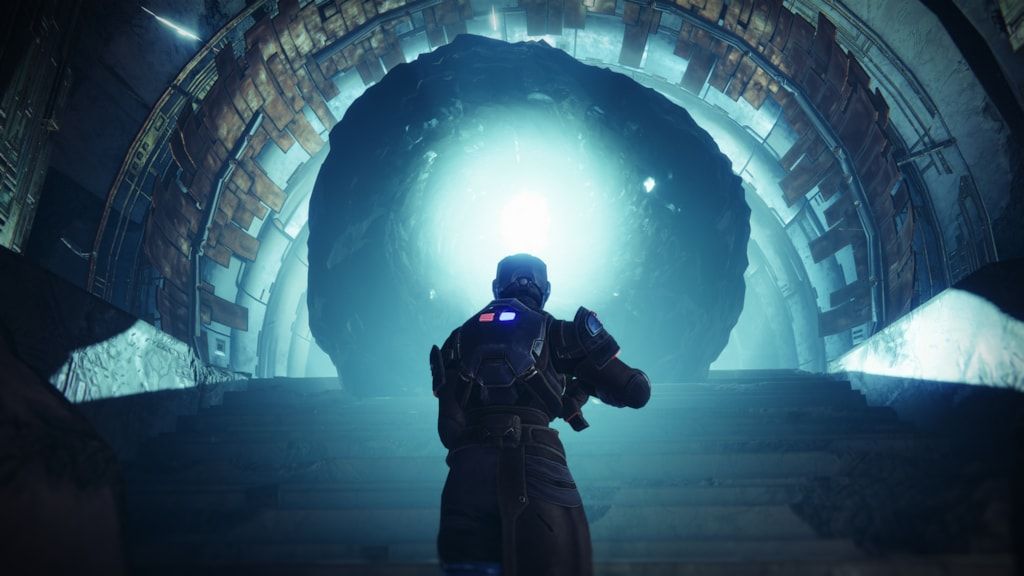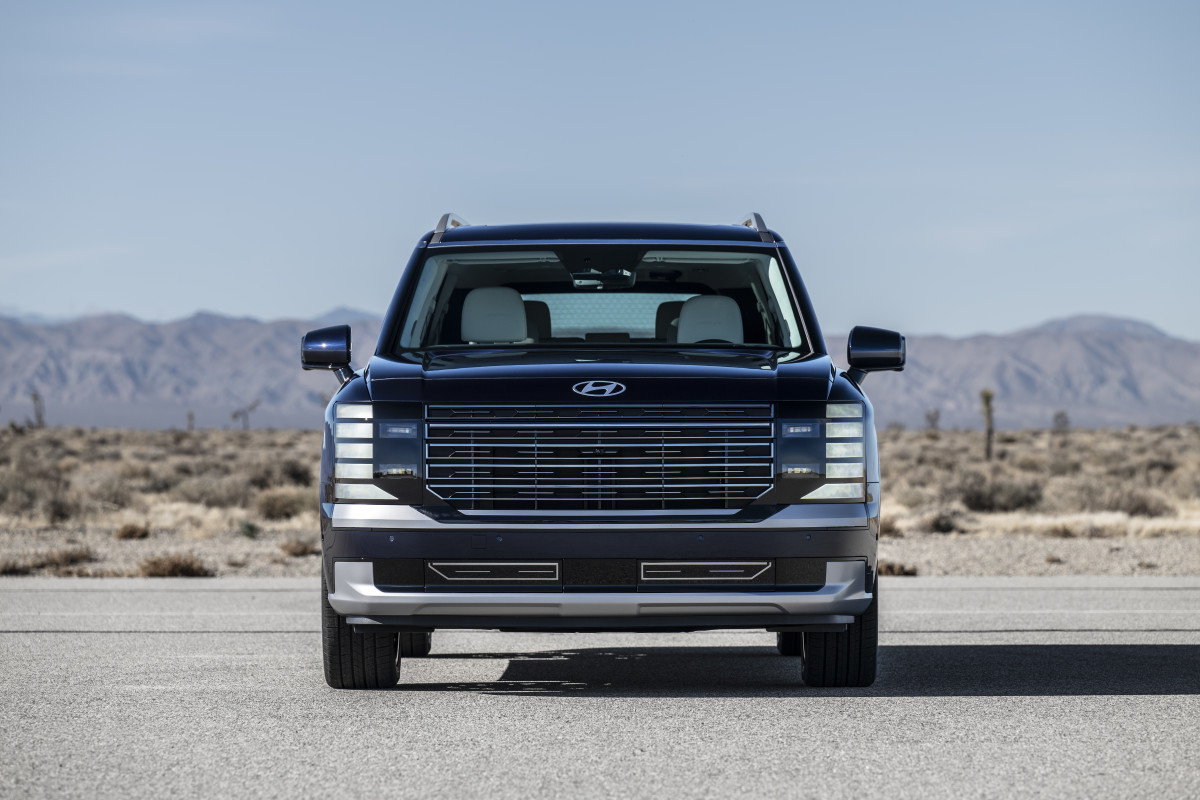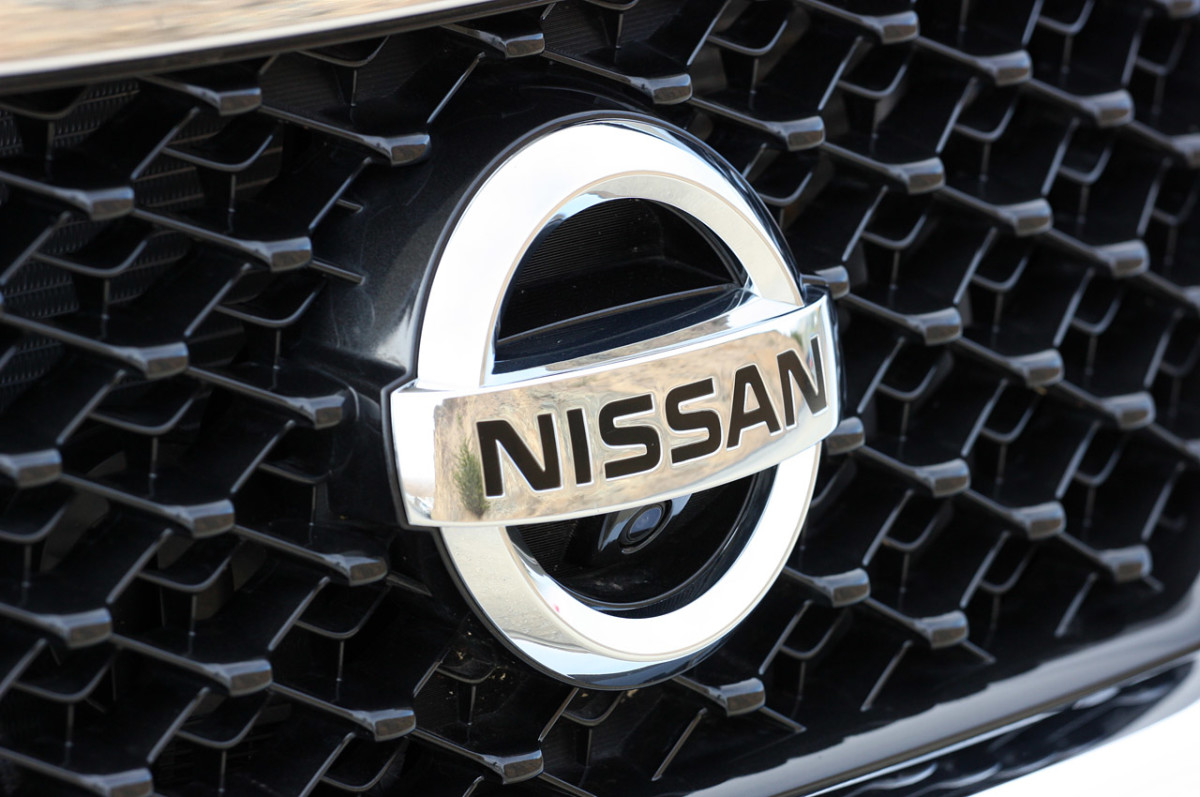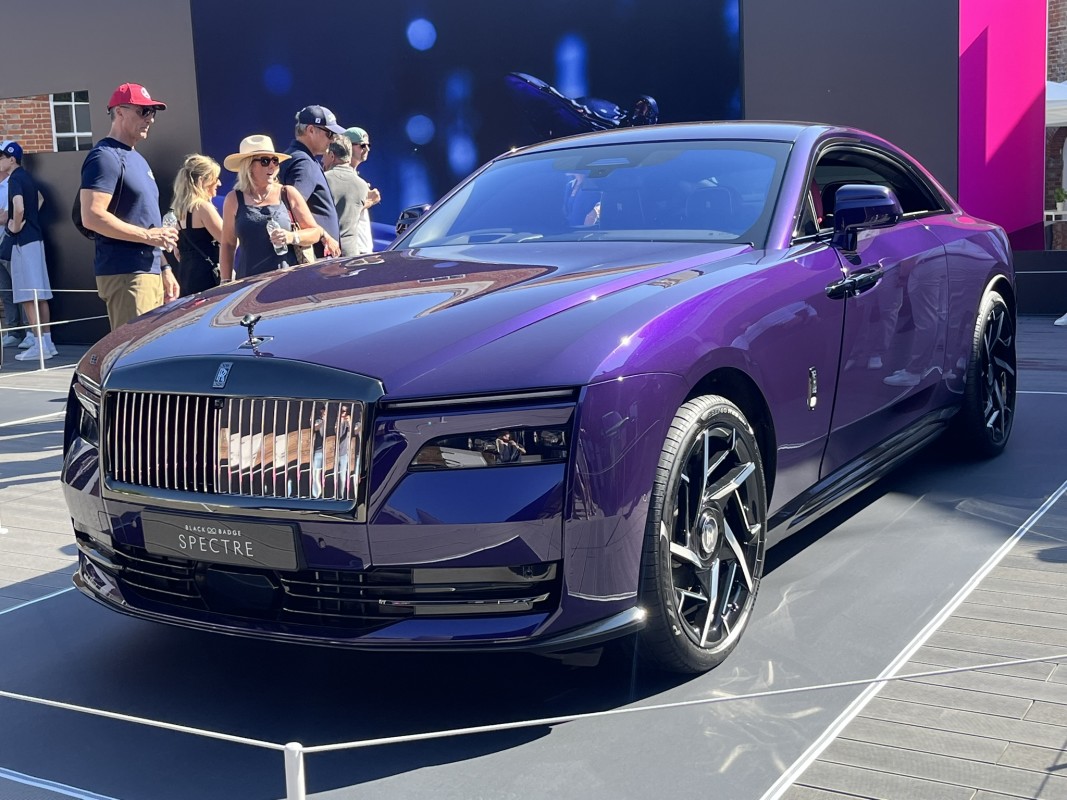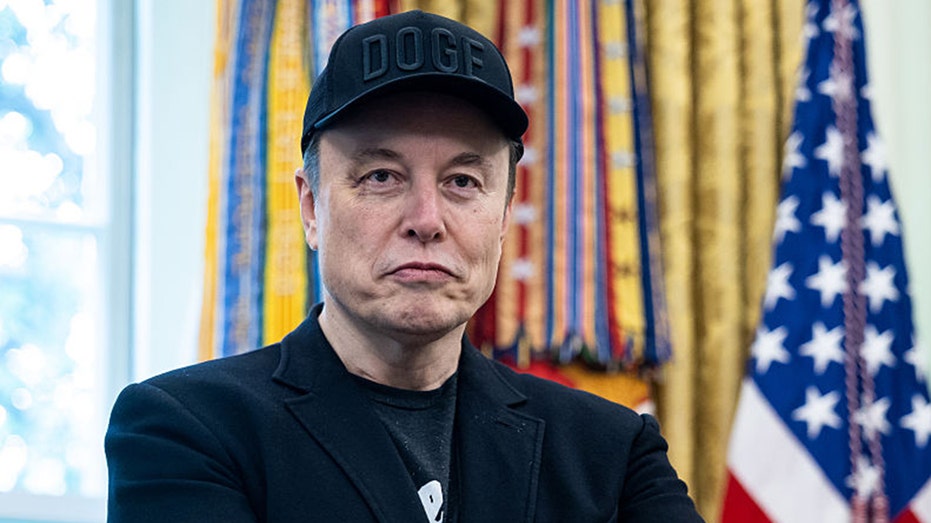Transportation Secretary Duffy to announce nuclear reactor development plan for the moon
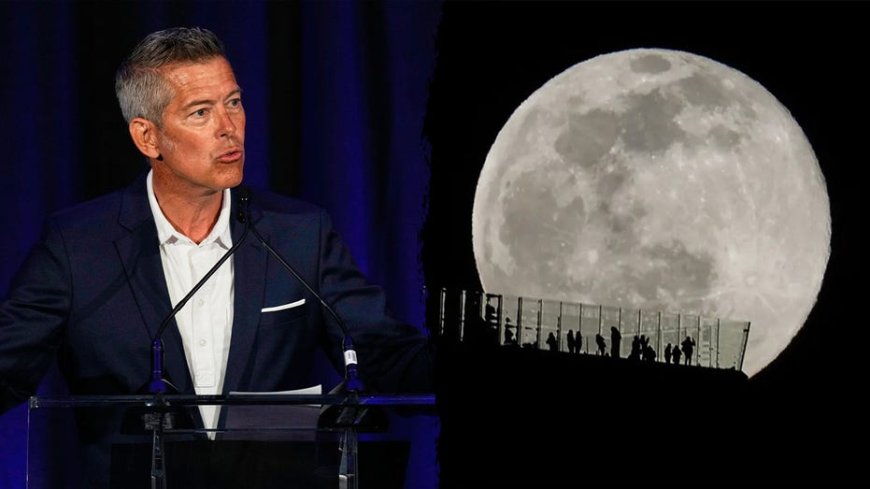
Transportation Secretary Sean Duffy will reportedly announce plans this week to build a nuclear reactor on the moon, according to media reports.
NASA has had discussions about the building of a reactor on the lunar surface, but Duffy's directive gives a more definitive timeline and expedites the process. Duffy also serves as the interim administrator of the space agency.
"Fission surface power (FSP) is both an essential and sustainable segment of the lunar and Mars power architectures for future human space exploration missions," the directive states. "To properly advance this critical technology to be able to support a future lunar economy, high power energy generation on Mars, and to strengthen our national security in space, it is imperative the agency move quickly."
TRUMP TAPS SEAN DUFFY TO SERVE AS INTERIM NASA CHIEF
China and Russia have announced on several occasions a joint effort to place a reactor on the moon by the mid-2030s, NASA said. If successful, that would potentially result in the declaration of a "keep-out zone," which could inhibit the United States from establishing a presence there.
"There are very specific areas of the moon that are critical that who gets there first gets to plant their flag," Duffy recently said on "Hannity." "We know the Chinese want to get there as well, so speed is of the essence."
The move means that NASA will continue to have input in nuclear development, despite the Pentagon’s recent cancellation of a joint program on nuclear-powered rocket engines.
The agency will be required to solicit proposals for a 100 kilowatt nuclear reactor to launch by 2030, around the time China intends to put a man on the moon, within 60 days of the directive.
Duffy spoke with Fox News about how NASA's Artemis program aims to return Americans to the Moon.
"We're going to set up a base camp," Duffy said. "And what we learn on the moon is going to take us to Mars."
Duffy also issued another directive to quickly replace the International Space Station, a priority for NASA. The agency plans to award at least two companies, preferably three of four, a contract within six months of the agency’s request for proposals.
SNUB OF MUSK'S NASA NOMINEE ALLY PRECEDED SUDDEN 'BIG, BEAUTIFUL BILL' CRITICISM, TRUMP FEUD
In April, China launched three astronauts into space to begin a six-month-long mission aboard the Tiangong space station, which translates to Heavenly Palace.
China built its own space station after it was excluded from the International Space Station, amid U.S. concerns over the Chinese space programs’ ties with the People's Liberation Army, the military branch of the ruling Communist Party.
NASA has increasingly factored into the Trump administration’s national defense, innovation, and economic agenda.
Trump announced Duffy to serve as interim administrator of NASA in July as withdrawing the nomination of Jared Isaacman in May.
CLICK HERE TO GET THE FOX NEWS APP
Isaacman, a billionaire private astronaut and longtime associate of Elon Musk, was nominated by Trump in December 2024 but faced mounting scrutiny over ties to Musk and SpaceX, which some officials viewed as a conflict of interest.
The International Space Station was launched into orbit in 1998. At the time, the U.S. agreed to the peaceful use of the orbital laboratory with several other countries, including Russia, Japan, Canada and 11 European countries.
China was left out of the plan.
What's Your Reaction?
 Like
0
Like
0
 Dislike
0
Dislike
0
 Love
0
Love
0
 Funny
0
Funny
0
 Angry
0
Angry
0
 Sad
0
Sad
0
 Wow
0
Wow
0
















